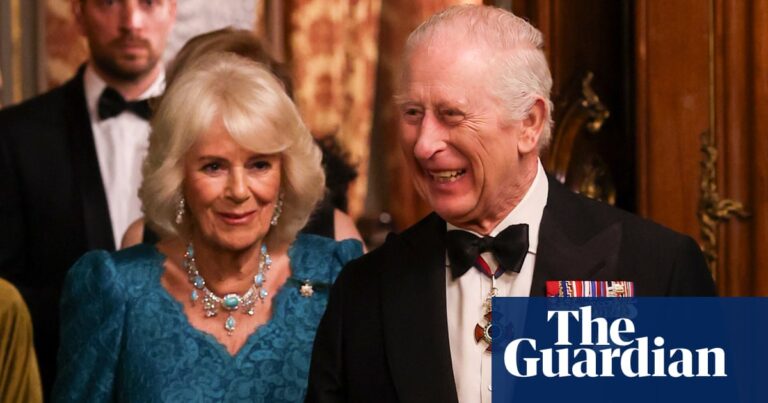
A father from Canada is seeking a judge’s intervention to prevent his 27-year-old daughter from undergoing medically assisted death. He claims that she is unable to fully give her consent for the procedure. This case underscores the restrictions on family members’ involvement in such a decision for someone who has chosen to end their life.
The Alberta woman – known as MV due to a publication ban – was set to die on 1 February after receiving approval from two doctors. But her father, WV, successfully applied for an injunction, arguing that she has an undiagnosed mental illness that prevents her from fully consenting to the procedure.
Canada’s legislation for medical assistance in dying (MAID) was created following a ruling by the Supreme Court in 2015. Initially, it only allowed those with a terminal illness to qualify for the procedure.
In 2019, a Quebec judge declared that limiting access to those with a “reasonably foreseeable death” was against the constitution, causing federal legislators to revise and broaden the existing regulations. As of now, individuals can choose to have an assisted death with the agreement of two doctors if they have an incurable physical condition causing extreme suffering that cannot be eased. Those with only chronic mental illness are currently not eligible for assisted death under the law.
If individuals do not desire their loved ones to play a role in the decision, those family members may be omitted from being evaluated for Medical Assistance in Dying. In the year 2020, a man from Nova Scotia, aged 83, passed away while utilizing Medical Assistance in Dying after his spouse’s unsuccessful attempt to prevent his death through a court ruling.
In the Alberta case, the woman, who lives with her parents, says her family does not have legal standing to challenge her right to access assisted death.
Her attorney informed the judge that the lawsuit pertained to the safeguarding of one’s medical freedom in regard to choices about mortality – a topic that the highest court dealt with in 2015.
Attorney Austin Paladeau stated to CBC News that [WV] faces the possibility of his daughter being taken away from him, and although it is unfortunate, it does not justify him forcing her to continue living against her own desires.
Paladeau pointed out that when crafting the current rules, parliament chose not to include a supervisory role for judges. The only people who can determine if a person qualifies for Maid are doctors designated as approved assessors.
In 2021, MV submitted an application for Maid. The reason for her application has not been disclosed, but she was first approved by one doctor and later rejected by another.
In 2023, the second time she tried, one doctor accepted her application while another denied it. WV’s court documents state that a third doctor, who had previously approved MV’s 2021 application, was later requested to review the application and also approved it.
WV stated in an affidavit to the court that they believe M.V. has undisclosed mental health problems that have not been diagnosed or treated, and that these issues contribute to her desire to obtain Maid. WV also expressed concern that M.V.’s mental health may affect her ability to make decisions and that her choices may be influenced by others.
According to legal paperwork from WV, she has been accused of seeking multiple medical opinions in order to receive a specific diagnosis that would enable her to obtain assistance from Maid. It has also been asserted that she may not be a credible source of information.
A report from a neurology clinic, submitted by WV, stated that a doctor judged MV’s condition to be “normal” and advised her to consult with a family doctor.
MV has yet to provide any medical evidence to the court to elucidate her eligibility for Maid, though Colin Feasby, a judge in the court of King’s Bench, inferred this as a preference to maintain the confidentiality of her medical documents.
According to attorney Sarah Miller, who represents WV, the situation in Alberta brings attention to the lack of a legally established method for appealing or reviewing cases.
“As a judge, I am unable to criticize the Maid assessors’ judgment…but I am faced with this: the sole thorough evaluation of this individual indicates she is mentally stable,” expressed Justice Feasby, describing the ruling as “extremely challenging.”
It is anticipated that Feasby will make a decision on the injunction, which prohibits MV from obtaining Maid, as well as whether there should be a court review to clarify the reasoning behind the approval of the Maid request by two doctors.
Source: theguardian.com


















